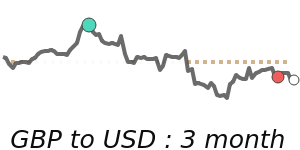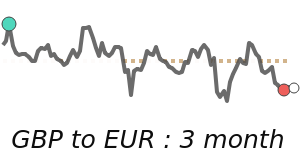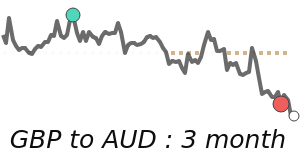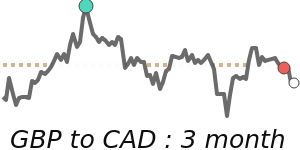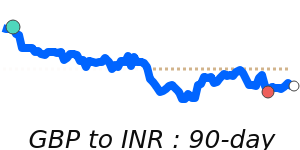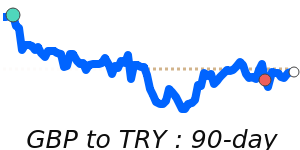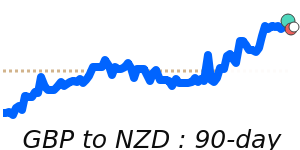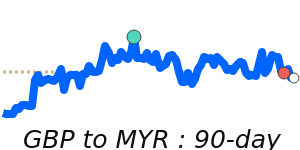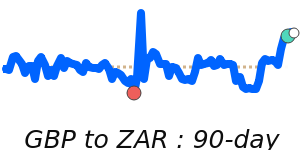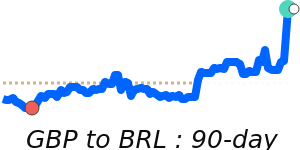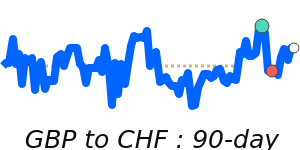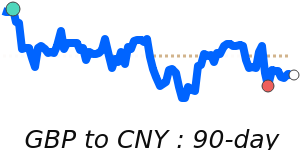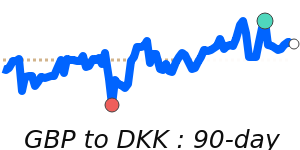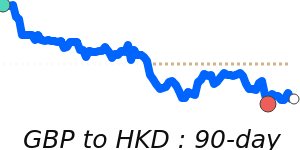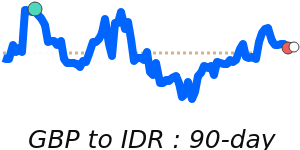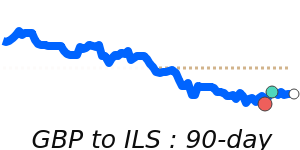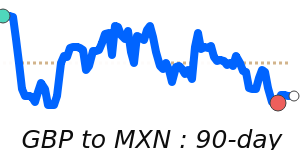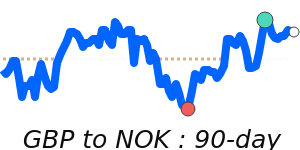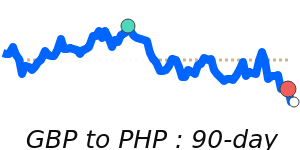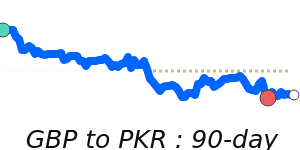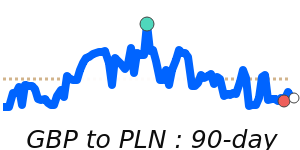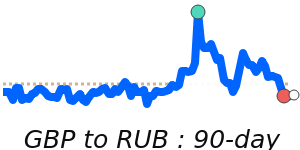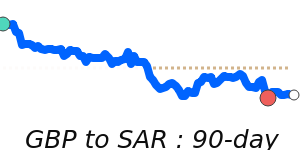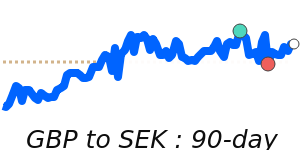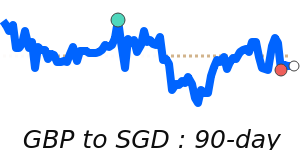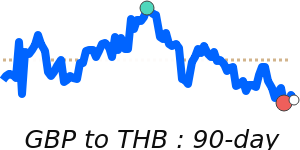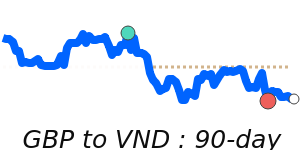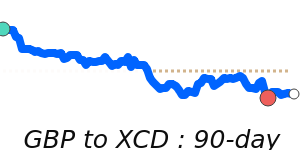Outlook
The pound remains under pressure from political jitters and a cautious Bank of England stance. Markets are pricing in a slower policy normalization path, with a 25 basis point rate cut by June 2026 widely anticipated. Thursday’s GDP data could set the near-term direction: stronger growth might lift the pound, while softer figures could cap any upside. GBPUSD is around 1.3633, GBP/EUR near 1.1468, and GBPJPY near 210.6, all trading within recent ranges. The three-month GBPUSD range sits roughly 1.3050 to 1.3837, with 1.3633 about 1.6% above the 3-month average of 1.3418. UK retail sales rose 2.5% in December and inflation ran at 3.4%, highlighting a mixed policy environment. Political developments continue to be a key risk to sentiment.
Key drivers
- Bank of England policy: 3.75% hold with a 5–4 vote and a dovish tilt; markets price a 25bp cut by June 2026.
- UK data backdrop: December retail sales +2.5% YoY and inflation at 3.4%; unemployment at 5.1%.
- Currency positioning: GBPUSD around 1.3633 (within a 1.3050–1.3837 3-month range); GBP/EUR about 1.1468 (within roughly 1.1322–1.1590 over 3 months); GBP/JPY near 210.6 (30-day range 203.2–214.3).
- Political landscape: ongoing Labour leadership uncertainty contributing to caution in flows and positioning.
Range
GBPUSD: current 1.3633; 3-month average 1.3418; 3-month range 1.3050–1.3837.
GBP/EUR: current 1.1468; 14-day range near current; 3-month range 1.1322–1.1590.
GBP/JPY: current 210.6; 30-day range 203.2–214.3.
What could change it
- Thursday’s GDP data: stronger prints could push GBP higher; weaker prints could weigh on it.
- BoE policy path: any shift in the pace or messaging of rate cuts could alter the trajectory for the pound.
- UK political developments: clearer outcomes in Labour leadership or policy signals could reduce or amplify uncertainty.
- Global risk sentiment: shifts in USD strength or global rate expectations can influence GBP via risk-off or risk-on moves.
